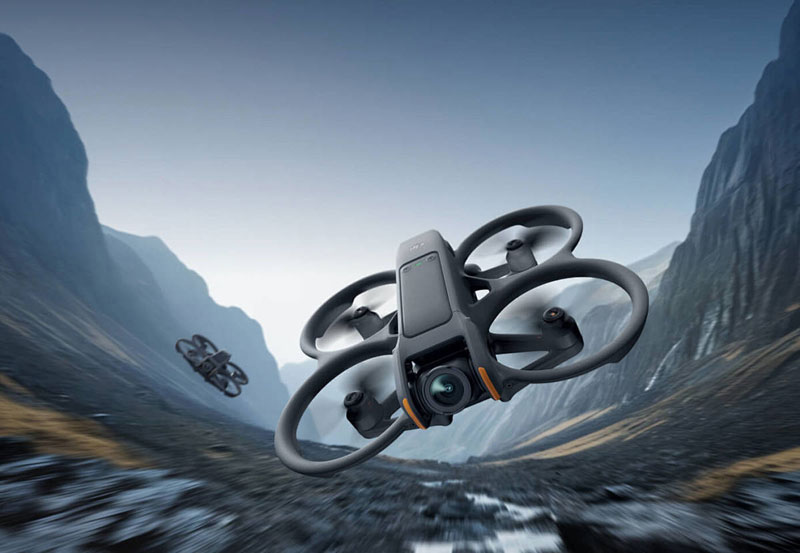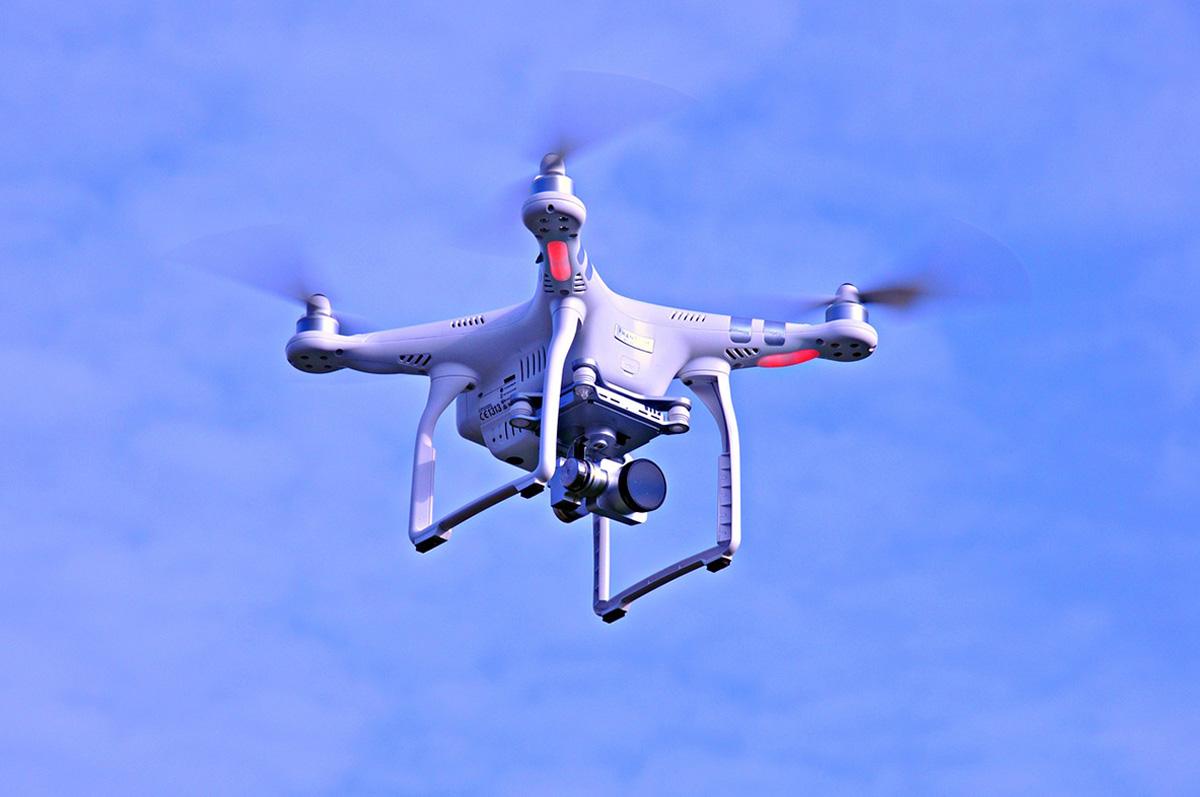The world of technology has transformed numerous sectors, leading to exciting new career opportunities, one of which includes becoming a drone pilot. If you’re passionate about unmanned aerial vehicles (UAVs) and want to navigate the skies, becoming a proficient drone pilot might just be the path for you.
Introduction to Drone Flying
Drones, commonly known as unmanned aerial vehicles, are used in various fields such as aerial photography, agriculture, surveying, and even delivery services. A drone pilot must understand aviation principles, adhere to safety protocols, and master the technology used to operate these sophisticated machines.
Understanding Regulatory Requirements
Before diving into this journey, familiarizing yourself with the regulatory requirements is crucial. In the United States, the Federal Aviation Administration (FAA) mandates that individuals must have a Part 107 Remote Pilot Certificate to commercially operate drones. This certification ensures you possess the knowledge regarding rules, airspace classification, and safety measures necessary when flying drones commercially.

Steps to Becoming a Certified Drone Pilot
- Study the Fundamentals: Obtain study materials that cover the basics of drone operation, aviation weather, and airspace classification. Online courses and textbooks can be helpful resources to prepare effectively for the FAA knowledge test.
- Enroll in a Training Program: Consider enrolling in accredited drone training programs. These courses often provide hands-on experience and simulate real-world scenarios to help you become an adept pilot.
- Pass the FAA Exam: Register for and pass the FAA Part 107 exam. The test comprises 60 multiple-choice questions covering various aspects related to drone operation including regulations, airspace, and emergency procedures.
- Flight Practice: Prioritize practical flight training regularly in varied environments. Acquiring diverse experience while piloting drones helps build confidence and competence.
- Submit Your Application: After passing the test, apply for your Remote Pilot Certificate through the FAA’s IACRA system (Integrated Airman Certification and Rating Application).
The Increasing Demand for Drone Pilots
With industries rapidly adopting UAV technology, the demand for skilled drone pilots is increasing exponentially. From media and entertainment to military and public safety, multiple sectors seek drone expertise, ensuring robust career prospects and growth potential in this field.
Opportunities in Various Industries
The versatility of drones provides ample opportunities across different industries:
- Construction and Surveying: Drones assist in mapping large areas efficiently, capturing high-quality data for architectural planning and infrastructure development.
- Agriculture: UAVs facilitate precision farming by monitoring crops and livestock, enabling farmers to enhance productivity.
- Real Estate: Aerial photography by drones offers unique perspectives of properties, aiding in marketing strategies and attracting potential buyers.
- Environmental Conservation: Drones play a pivotal role in wildlife monitoring, habitat mapping, and tracking climate changes, thereby supporting conservation efforts.
The Skills Required for a Successful Drone Pilot
While technical knowledge is fundamental, certain soft skills bolster a successful career as a drone pilot. Attention to detail, problem-solving capabilities, and effective communication are paramount. Moreover, adapting to rapidly evolving technology and continuous learning marks the epitome of success in this dynamic field.
Common Challenges Faced
Aspiring drone pilots might encounter challenges such as regulatory updates, technological advancements, and maintaining operational safety. Staying informed and adhering to best practices ensures efficient handling of these issues. Regular engagement with the drone community aids in keeping abreast of relevant changes and developments.
FAQ: Your Questions Answered
Q: What is the cost of becoming a certified drone pilot?
A: Costs may vary depending on training programs and study materials but typically range from $150 to $500, excluding gear and equipment costs.
Q: How long does it take to become a drone pilot?
A: The timeframe can vary significantly; some might complete the process in a few weeks, while others might take several months based on learning pace and schedule availability.
Q: Can hobby drone users become commercial pilots?
A: Yes, hobbyists can transition to commercial operations by obtaining the necessary certification, thus unlocking professional opportunities.
